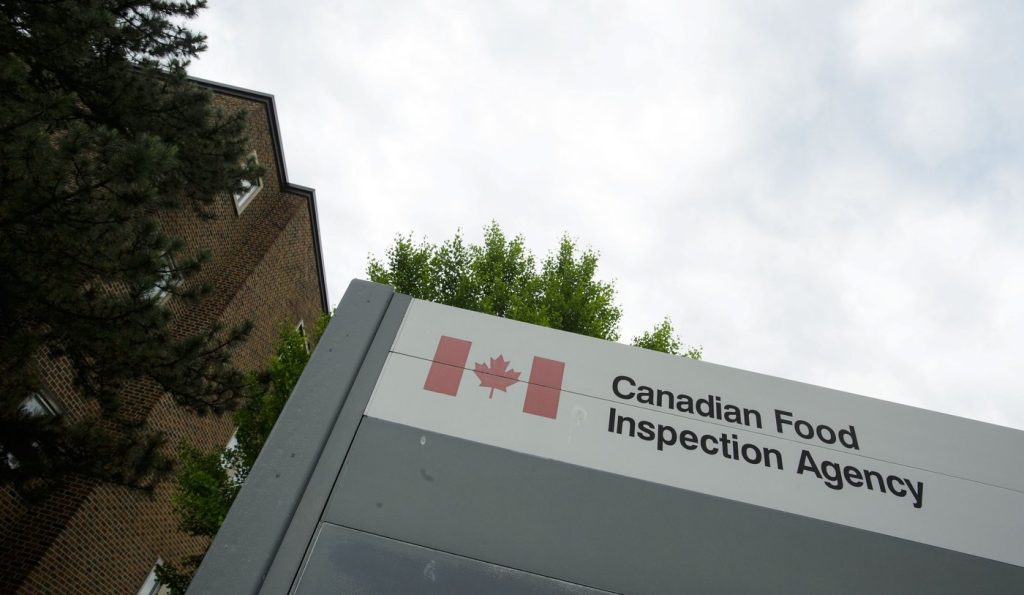The Canadian Food Inspection Agency (CFIA) has issued a recall for two varieties of Jean Perrin brand cheeses due to concerns over potential contamination with pathogenic E. coli. The specific cheeses involved in this recall are the Morbey de Scey and Raclette de Scey. Consumers in multiple provinces, including Alberta, British Columbia, Manitoba, and Quebec, as well as possibly other territories, are affected by this alert.
The expiry dates for the recalled cheeses are specified as June 3 and October 3. Additionally, the CFIA has cautioned that some of these cheeses may have been sold in smaller packages, which may or may not have labels. The absence of proper labeling and inconsistent expiration dates could pose a risk to consumers, making it challenging to identify potentially contaminated products.
In response to this recall, the CFIA has strongly advised consumers against consuming, using, serving, or distributing the recalled cheeses. Individuals who possess these products should safely discard them or reach out to the retailer where the cheese was purchased for further instructions. These steps are essential to prevent possible health risks associated with E. coli exposure.
Pathogenic E. coli can lead to serious health complications. Notably, food contaminated with this bacteria may not exhibit any visible signs of spoilage, nor will it necessarily emit any unpleasant odors. However, it can still cause illness in individuals who consume it. Symptoms of E. coli infection vary in severity and may include nausea, vomiting, abdominal cramps that range from mild to severe, and a change in bowel movements that can range from watery to bloody diarrhea.
In severe cases of infection, individuals may experience life-threatening health issues. Some of these complications include seizures or strokes, the need for blood transfusions, and kidney dialysis. There is also the potential for long-term kidney damage, and in extreme scenarios, the illness can be fatal. These severe consequences highlight the importance of adherence to recall notices and proper food safety practices.
This recall serves as a critical reminder for consumers regarding the importance of food safety and the risks associated with bacterial contamination. Awareness and vigilance are key to preventing foodborne illnesses, especially with products such as cheese that may not always show signs of contamination. As businesses and consumers navigate these recalls, maintaining communication with local health authorities and retailers is vital to ensure public safety.
The public is urged to stay informed about such recalls and to follow all guidelines issued by health authorities to protect themselves from potential health risks associated with contaminated food products.










